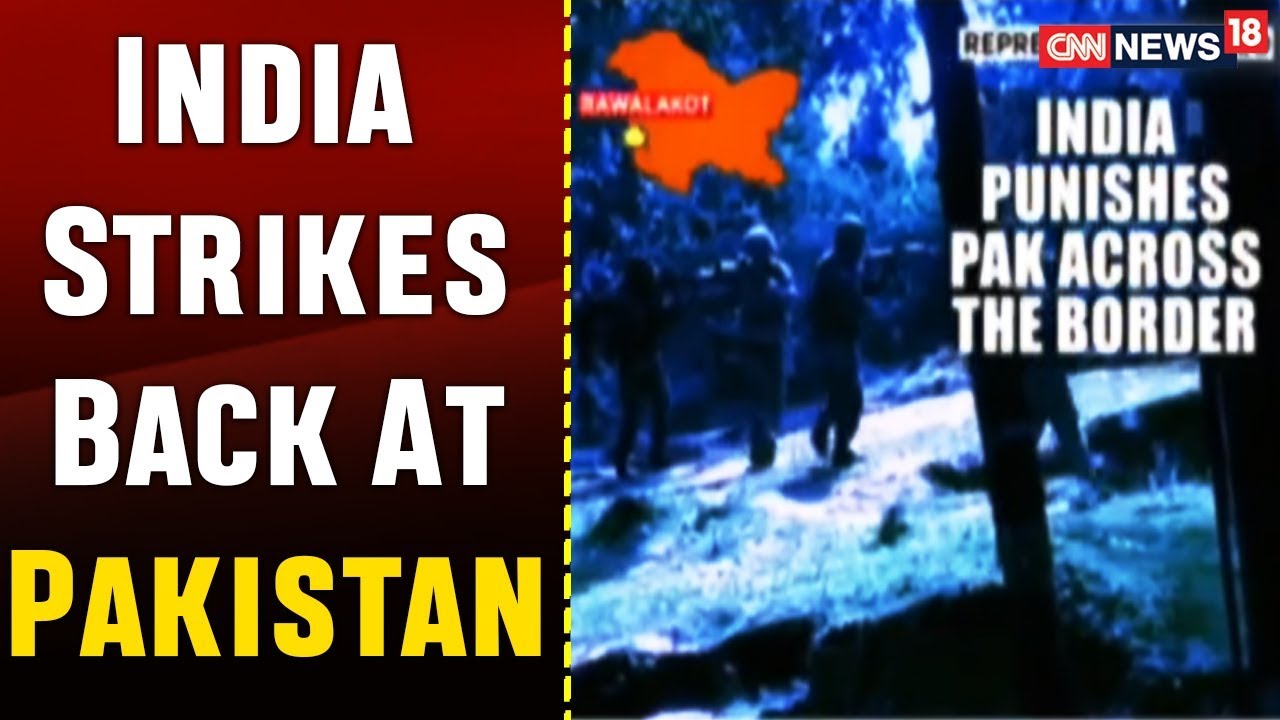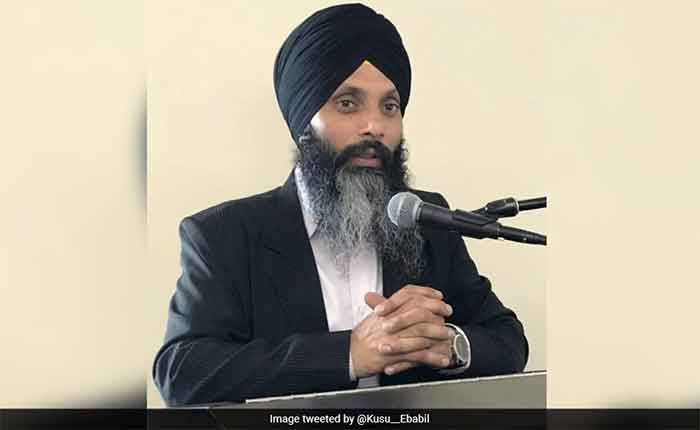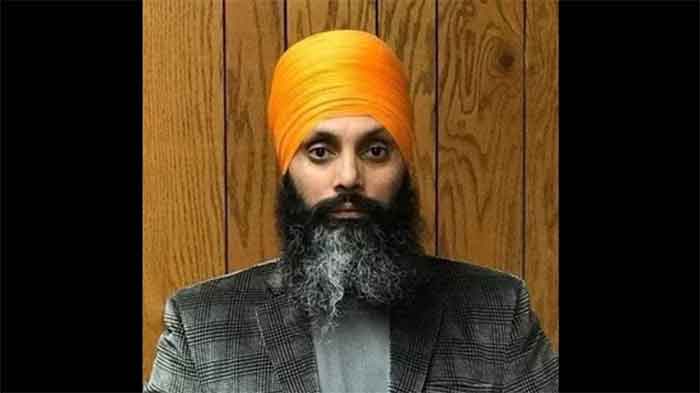
Our foreign minister S. Jaishankar has earned plaudits both within India, and abroad in what is known now as the Global South, for his forthright denunciation of the `double standards’ that are followed by the Western powers. At a recent meeting on the topic called `South Rising…’ , Jaishankar said: “..those occupying positions of influence … will mouth the right things, but the reality is still today, it’s a world very much of double standards.” (Re: Hindustan Times. September 25). Although he did not name his targets, the insinuation was obvious. The context in which he made the comment was the ongoing tussle between India and Canada over the latter’s allegation that the India government was behind the killing of a Sikh Khalistani in its territory. Sometime later , Jaishankar speaking at a meeting at the Council of Foreign Relations in New York, rejected the allegation, asserting that the Indian government never followed a policy of carrying out hit jobs on foreign soil. (Re: The Hindu. September 28).
Is our honourable foreign minister suffering from amnesia ? May I remind him of the utterances made by his prime minister Narendra Modi just four years ago ? Soon after the Indian army’s `surgical strike’ in Balakot, deep in the heart of Pakistan in February, 2019, Modi boasted at a rally in Ahmedabad on March that year: “Yeh hamara siddhant hai ki hum ghar mai ghus kar marenge…” (It is our decision to enter the homes of our enemies and kill them). We don’t know whether that decision is still being followed in respect to the Khalistani terrorists who have found shelter in Canada. The identity and affiliation of the assassins who killed Nijjar, are still to be confirmed by the investigative agencies there. We don’t know whether their investigation and findings will be shaped by the Trudeau government’s policy of sheltering Sikh Khalistanis, as well as gangsters, who constitute a substantial section of the Indian immigrant community on whom he has to depend for his election.
Following `double standards’ in the domestic sphere
But that apart, while S. Jaishankar is vociferous in pointing out at `double standards’ followed by the Western powers (which are rightly accused of such behavior towards states of the Global South), he remains blind to similar cases of `double standards’ followed by his own government in India itself. In the same month of September, when S. Jaishankar was waxing eloquent in world assemblies, one of his ex-colleagues was indulging in the same sort of double-speak in an interview in a domestic television channel. On September 19, Amarjit Singh Dulat , former chief of India’s premier intelligence agency RAW (Research and Analysis Wiing), came out with an amazing statement in response to a query by Karan Thapar in the course of an interview in the Wire TV channel. He claimed that `assassinating people, whether at home or abroad, is not something that India’s intelligence or security agencies have ever contemplated, leave aside carried out on our soil.’
This claim totally flies in the face of the ground reality in India. During the last several decades, `assassinating people…’ had become a common practice followed by the Indian security forces which justify such assassinations by using the term `encounter killings’ – giving the impression that the victims engaged them in `encounters’, which compelled the security forces to kill them. Such `encounter killings’ (termed as `extra-judicial’ in legalese) of Indian citizens `on our soil’ had been normalized by the Indian state – irrespective of which ruling party ran it. During the Congress regime, in the 1980-90 period, hundreds of Sikhs were killed in Punjab by the security forces in the course of their anti-Khalistani operation – many of them innocent, but picked up on mere suspicion. Human rights groups have come out with reports exposing the misdeeds of the security forces in Punjab. Similar cases of `assassinating people’ in Jammu and Kashmir by the Indian security forces in the name of suppressing secessionist militant groups have surfaced in the social media. The same model of `encounter killings’ has been followed in the Andhra Pradesh-Telangana-Chhattisgarh border area, where innocent villagers have been killed, with the security forces branding them as Maoists and thus claiming them as trophies in their anti-Maoist operation. Even before the present turmoil in Manipur, Indian security forces were accused of indiscriminate killing of villagers there. In November, 2012, the Supreme Court set up a commission of inquiry headed by Justice N. Santosh Hegde, which found that several killings in Manipur between 1979 and 2012 , which were advertised by the administration as due to `encounters,’ were fake and amounted to extra judicial murders, carried out by the Manipur police and central security forces.
Some five years ago – in 2018 a group of eminent academics and social activists came out with a statement, protesting against the practice of `encounter killings’ by the Indian state, which they investigated into by taking up several cases. They revealed how “…officers of the Indian State, members of its police force, para-military forces, sections of the Indian army, and non-state vigilante groups acting on behalf and with complete state complicity have subjected diverse populations to untold violence, from Manipur to Punjab and from Kashmir to Chhattisgarh.” (Re: Wire. March 5, 2018).
Modi government’s record of human rights violation is raising a stink in world public opinion
The present Indian government’s record of assault on human rights, civil liberties, and `assassination’ of its citizens has surpassed the record of its predecessors. Cases of such assaults have been exposed not only by human rights groups within India, but have drawn international condemnation by global bodies like the United Nations Human Rights Commission, and Human Rights Watch among others. In their well-investigated reports, they have repeatedly highlighted cases of lynching of Dalits and Muslims, burning of churches, the failure of the government to solve the recent violent ethnic clashes in Manipur, and incarceration of social activists who protest against the government’s oppressive policies.
In response to such observations made by these agencies, the Modi government behaves like a porcupine – flaring its thorns against their reports terming them as `misinformed’, and setting its spokespersons to denounce them as foreign-inspired conspiracies to denigrate India. One such spokesperson is the External Affairs Minister, S. Jaishankar. In one of his latest performances, at an event in Washington D.C. during his US visit in September, when he was asked by a press correspondent about allegations of discrimination against religious minorities in India, he shouted back: “I defy you to show me discrimination…” Ironically, his outburst at the international forum came at a time when a few days before, his party’s MP Ramesh Bidhuri had spewed venomous anti-Muslim abuses against a Muslim MP. Jaishankar’s response is a classic example of double speak. He uses one standard to dismiss reports by global agencies (like the UN Special Rapporteur’s report on Minority Issues, released on September 20, 2023, where turning to India, it drew attention to “massive scale…violations and abuses targeting mainly religious and other minorities, such as Muslims, Christians, Sikhs..” ). He uses another standard to conceal these cases of atrocities, by spouting the usual official rhetoric that India is thriving as a democracy under his prime minister.
But cases of human rights violation by regimes, whether Indian or Western, cannot be swept under the carpet by their respective governments, on the plea that they are internal matters, and any criticism from abroad amounts to foreign interference. There are internationally formulated norms of respecting the rights of citizens, and they are binding on all the member states of the UN – irrespective of their political hues. The Indian government therefore, instead of accusing others of `double standards,’ must set its own house in order by discarding the `double standards’ that it had been following, and adhere to the single standard of respect for human rights.
Sumanta Banerjee is a political commentator and writer, is the author of In The Wake of Naxalbari’ (1980 and 2008); The Parlour and the Streets: Elite and Popular Culture in Nineteenth Century Calcutta (1989) and ‘Memoirs of Roads: Calcutta from Colonial Urbanization to Global Modernization.’ (2016).













































